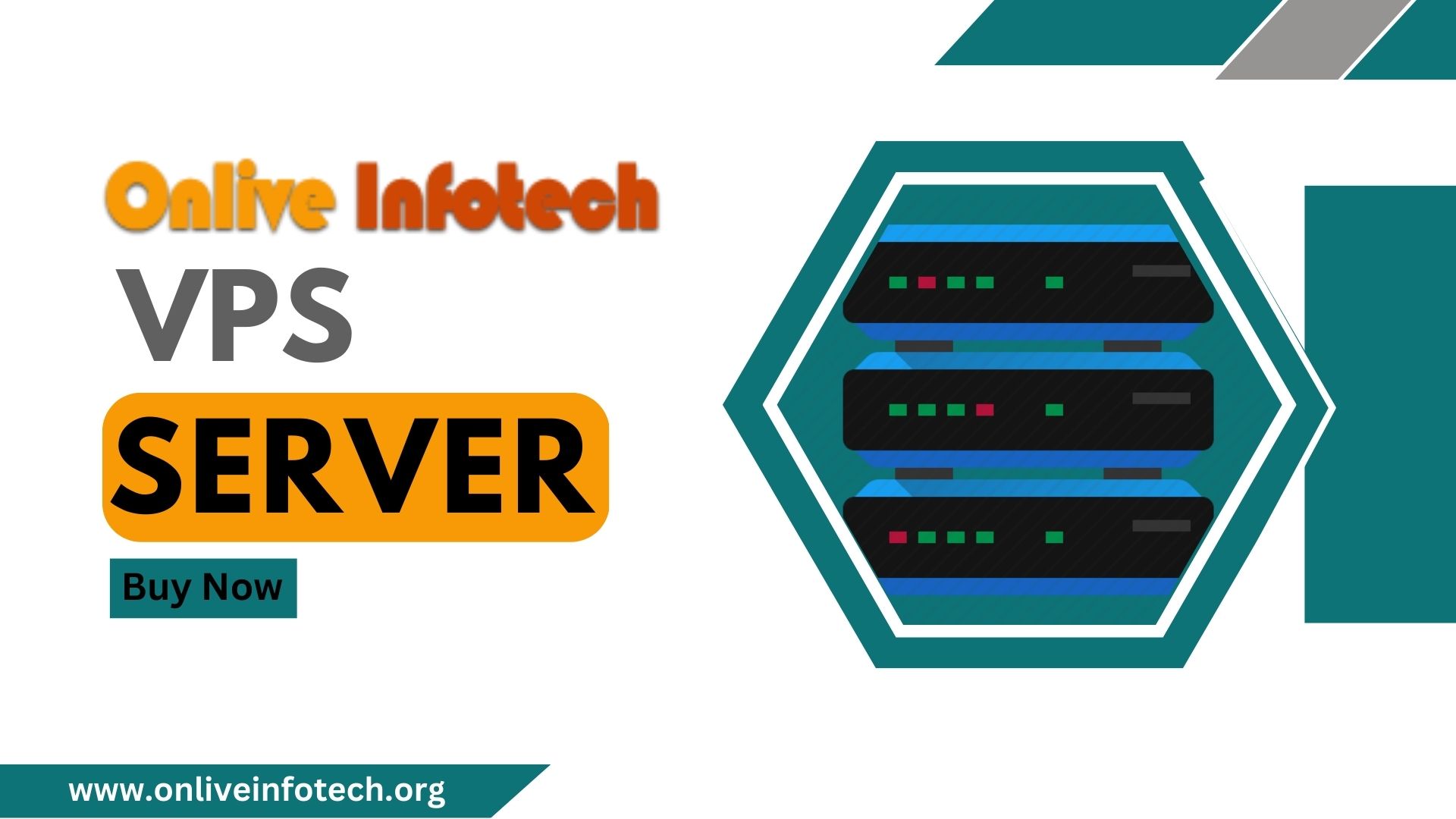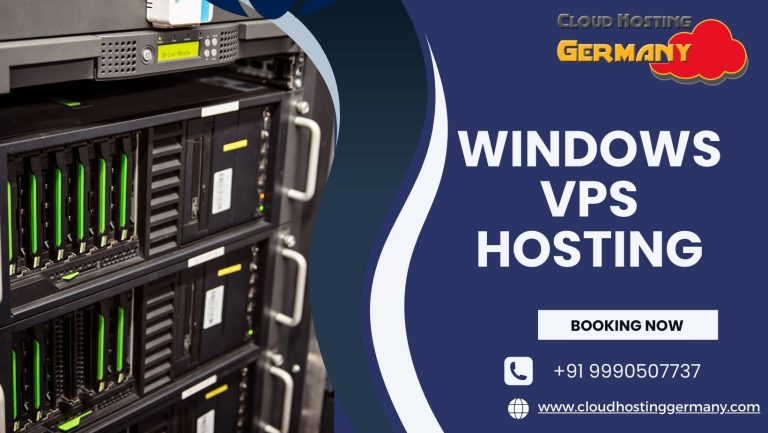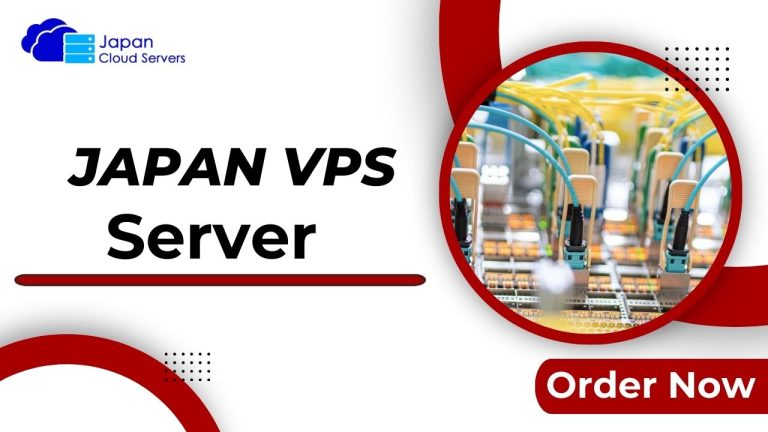What characteristics have the VPS Server has
Virtual Private Servers (VPS) have become increasingly popular over the past few years as businesses seek reliable, cost-effective hosting solutions. VPS hosting offers the perfect balance between shared hosting and dedicated hosting. It allows businesses to customize their hosting environment while still conveying the resources of a physical server. Among the many VPS hosting providers in the market, Onlive Infotech stands out due to its unique characteristics.
It is a VPS hosting provider that offers powerful and reliable VPS hosting solutions to businesses of all sizes. Here are some of the characteristics.
Scalability: One of the most significant advantages of Onlive Infotech VPS Server Hosting is scalability. Rather businesses can quickly scale their resources up or down as needed without the need for any downtime. This means that companies can respond to sudden changes in traffic or demand without any interruptions in service.
Performance: VPS servers are designed to provide top-notch performance. Rather with powerful processors, high-speed storage, and robust network infrastructure, businesses can be assured of fast and reliable hosting solutions.
Security: It takes security seriously, and its VPS servers are equipped with advanced security measures to protect against cyber threats. From DDoS protection to regular backups, businesses can rest easy knowing their data is secure.
Customization: VPS hosting solutions allow businesses to customize their hosting environment. With root access, companies can install any software or applications they need to run their business effectively.
Affordable: It offers affordable VPS hosting solutions, making it accessible to businesses of all sizes. The company provides various pricing plans to suit the needs and budgets of different industries.
24/7 Support: It provides round-the-clock support to its clients, ensuring that any issues or concerns are resolved quickly and efficiently.
What is a (Virtual Private Server)?
A Virtual Private Server (VPS) is a web hosting service that provides businesses with virtual private servers that run on a physical server. This physical server is divided into multiple virtual servers, each independent of the others, with its own set of resources, such as CPU, RAM, and disk space.
Where multiple websites share the same server resources, VPS hosting offers businesses greater control and flexibility over their hosting environment. With a VPS, companies have their isolated environment and can install their operating system and software applications. This allows businesses to customize their hosting environment to their needs and requirements.
VPS hosting also provides businesses with better security and performance than shared hosting. With a VPS, companies have their dedicated resources, which means they are not affected by the resource usage of other websites on the same server. Additionally, VPS hosting providers typically offer advanced security measures such as firewalls, DDoS protection, and regular backups to protect against cyber threats.
Advanced management System
An advanced management system is a software solution that enables businesses to manage their operations more efficiently and effectively. Rather this type of system typically includes various features and tools that help companies to automate and streamline their workflows, improve collaboration, and make data-driven decisions.
Some of the critical features of an advanced management system may include the following:
Workflow automation: An advanced management system can automate various processes and workflows, such as project management, inventory management, and order processing.
Collaboration tools: An advanced management system can include tools like messaging and file sharing that enable teams to work together more efficiently and effectively.
Data analytics: An advanced management system can give businesses real-time insights into operations and performance. Rather this allows companies to make data-driven decisions and identify areas for improvement.
Customer relationship management: An advanced management system can include tools for managing customer relationships, such as a customer database and communication tools.
Inventory management: An advanced management system can include features for managing inventory levels, tracking product movements, and forecasting demand.
Solid Data Center
Maximum uptime availability refers to the ability of a system or service to be available and accessible to users for the total amount of time possible. It is a critical metric for any technology-based service or procedure, especially those essential to a business’s operations.
Maximum uptime availability is typically measured as a percentage of the time the service or system should be available. For example, a service expected to be available 24/7 should have a maximum uptime availability of 100%.
Maximum uptime availability is critical for ensuring that technology-based services and systems are reliable and accessible to users. Rather by investing in dedicated hardware, redundancy, disaster recovery, monitoring, and maintenance, businesses can ensure that their services and systems are available to users for the maximum time possible.
Batter Bandwidth
Bandwidth refers to the maximum amount of data that can be transferred over a network or internet connection in a given period.
Bandwidth determines the speed and efficiency of data transfer between devices. The higher the bandwidth, the faster the data transfer rate, which means data can be transmitted more quickly and efficiently.
Bandwidth is an essential consideration for businesses. Rather that rely on technology to operate. For example, companies that depend on online applications or cloud-based services require sufficient bandwidth to ensure data is transmitted quickly and efficiently.
Conclusion
Technology plays a crucial role in today’s business environment, and businesses must ensure they have Cheap VPS Hosting the proper infrastructure, tools, and services to meet their needs. This includes investing in reliable and efficient systems, such as advanced management systems.
Advanced management systems can help businesses automate and streamline workflows, improve collaboration, and make data-driven decisions. Solid data centers can provide a secure and reliable infrastructure for storing.






